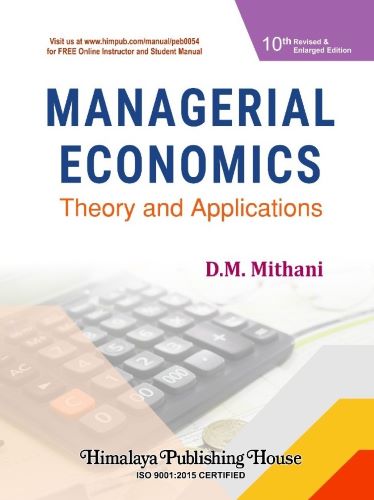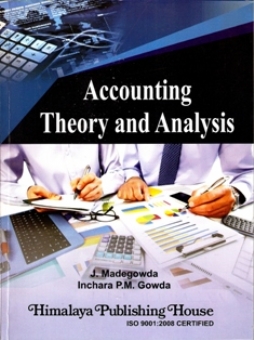Managerial Economics, the present text, seeks to explain the phenomena of growing complexity of business decision-making and varied managerial approaches in modern business — using economic logic, concepts, theories and tools of economic analysis applied by the trained managerial manpower and knowledge aspiring leadership capabilities towards business development.
The volume is intended to serve as a basic reference book for senior undergraduates and graduate students in the faculties of Commerce, Economics and Management (MBA Candidates). Besides, the book will have utility for the students undertaking professional courses such as Engineering, Public Administration and for the candidates preparing for competitive examinations such as IES, IAS, CAIIB, CA, CS, CFAI, etc.
The book covers a wide range of topics. The readers can make their choice as per the need for the study course.
In this revised edition, several new points and cases have been inserted. Case Folio Chapter contains 67 case studies for learning and skill enhancement of the students.
Contents :
1. The Nature and Significance of Managerial Economics
2. Basic Concepts, Tools and Techniques of Analysis
3. Market Demand Analysis
4. Theory of Consumer Demand
5. Elasticity of Demand
6. Demand Estimation
7. Demand Forecasting and Demand-Led Business Strategy
8. Production Analysis
9. Supply Analysis
10. Cost Analysis
11. Economies of Scale and Scope
12. Cost of Capital
13. Revenue Analysis
14. Market Morphology
15. Competitive Equilibrium Price
16. Objectives of the Firm
17. Break-even Analysis and Cost Control
18. Theory of Profit Maximisation: Conditions for Equilibrium of a Firm
19. Equilibrium of the Firm and Industry under Perfect Competition
20. Monopoly Pricing and Output Equilibrium
21. Price Discrimination (Discriminating Monopoly)
22. Monopolistic Competition
23. Oligopoly Market
24. Profit Policy and Methods
25. Profit Policy and Profit Planning
26. Rudimentary Project Planning and Capital Budgeting
27. Government and Market Economy: Key Issues
28. Characteristics of K-Economy in New Economic Order
29. Business Cycles
30. Inflation
31. Linear Programming
32. Elementary Input-Output Analysis
33. Case Study Folio







